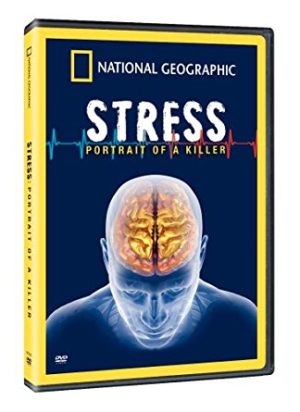The everyday and long-term stresses you face are not supposed to be a lifestyle. From balancing family with work, to lacking the companionship that is understanding and healing. And many times, we find ourselves stressed about things that will not matter the next day.
Let’s change this.
Drastic improvements in your life become clear once you realize the stressors in our lives (all of them, not just the obvious ones), and manage them effectively. Before we do that, we need to better understand what stress is.
What exactly is stress?
Stress is primarily a physical response. When stressed, the body thinks it is under attack and switches to ‘fight or flight’ mode, releasing a complex mix of hormones and chemicals such as adrenaline, cortisol and norepinephrine to prepare the body for physical action. This causes a number of reactions, from blood being diverted to muscles to shutting down unnecessary bodily functions such as digestion.
After reading this definition, it could be easier to decide to NOT let your boss influence your digestive system to shut down. If stress is supposed to be a quick response to something, why do so many people experience it so frequently? And for long periods of time?

“Stress: The Portrait of a Killer”
This compelling science documentary released in 2008 illustrates how stress has gone from a natural defense mechanism to a lethal weapon. It’s only 56 minutes, and packed with information that will open your eyes.
In the meantime, let’s have a look at 5 key takeaways from the documentary:
- All animals experience stress. The biggest difference with humans is we don’t know how to turn it off.
- When an individual is stressed, he or she loses the ability to control themselves.
- Studies have shown that job rankings have a significant effect on stress levels. The more dominant your position, the lower your stress; The more submissive your position, the higher your stress will be.
- Excessive chronic stress, which is constant and persists over an extended period of time, damages your hippocampus, the part of your brain that controls emotion, memory, and the nervous system.
- As we age, the protective ends of our chromosomes, called telomeres, naturally become shorter. An enzyme, called Telomerase (don’t get confused!), can help restore our telomeres. When a person suffers from long-term stress, however, the supply of Telomerase significantly drops, making us age faster and more susceptible to heart risks.
There are so many crucial things to take from this film. When we talk about self-care, relaxing, and taking a break from the world, we mean it. Things seems to be changing by the minute, and there is always something to catch up on.
At Naipo, we want to remind you that the most important thing is that you catch up with yourself. What steps will you take to live stress-free?










